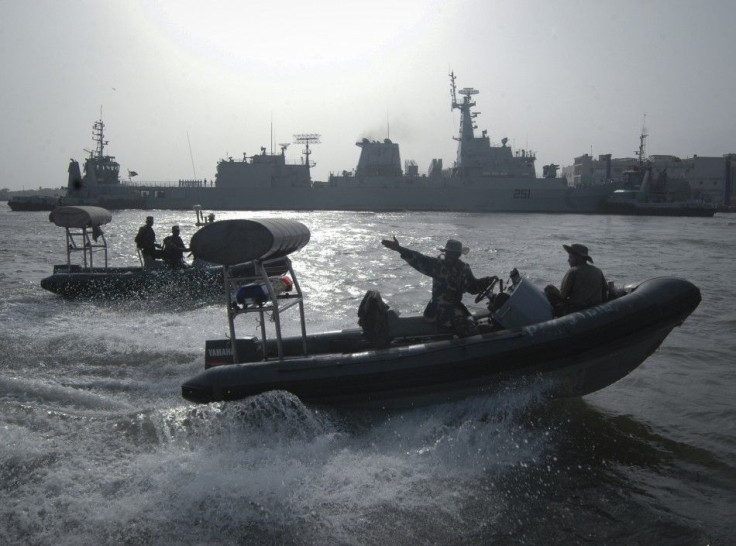EU Approves Attacks On Somali Pirate Lairs

The European Union approved attacks against land-based targets in Somalia on Friday as part of its effort to combat piracy off the Horn of Africa.
The €15 million ($20 million) plan also extends the EU's Operation Atalanta by two years and extends it into Somali coastal territory, where warships will be able to target weaponry and equipment -- including fuel barrels, boats and trucks -- on beaches.
Fighting piracy and its root causes is a priority of our action in the Horn of Africa, EU foreign policy chief Catherine Ashton said in a statement.
Operation Atalanta has made a significant contribution to this effort, in coordination with our international partners, she said. Today's important decision ... allows it to take more robust action on the Somali coast.
Somali pirates cost the global shipping industry between $7 billion and $12 billion in 2011 through ransom payments and higher operation costs, according to a Reuters report. But Operation Atalanta is also meant to protect World Food Programme ships carrying food and humanitarian aid to refugees and displaced people in Somalia.
Piracy has caused so much misery to the Somali people and to the crews of ships transiting the area and it is right that we continue to move forward in our efforts, Rear Admiral Duncan Potts, Atalanta's operational commander, told the AFP.
According to the Times of Russia, the warships will not be allowed to use deadly force against pirates on ships, and have been told only to fire warning shots. The EU has a fleet of 10 to 15 ships patrolling the Gulf of Aden, the Red Sea and the Indian Ocean.
No ground troops will be deployed.
© Copyright IBTimes 2025. All rights reserved.





















